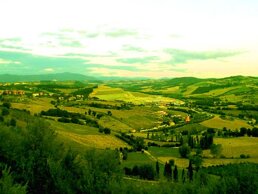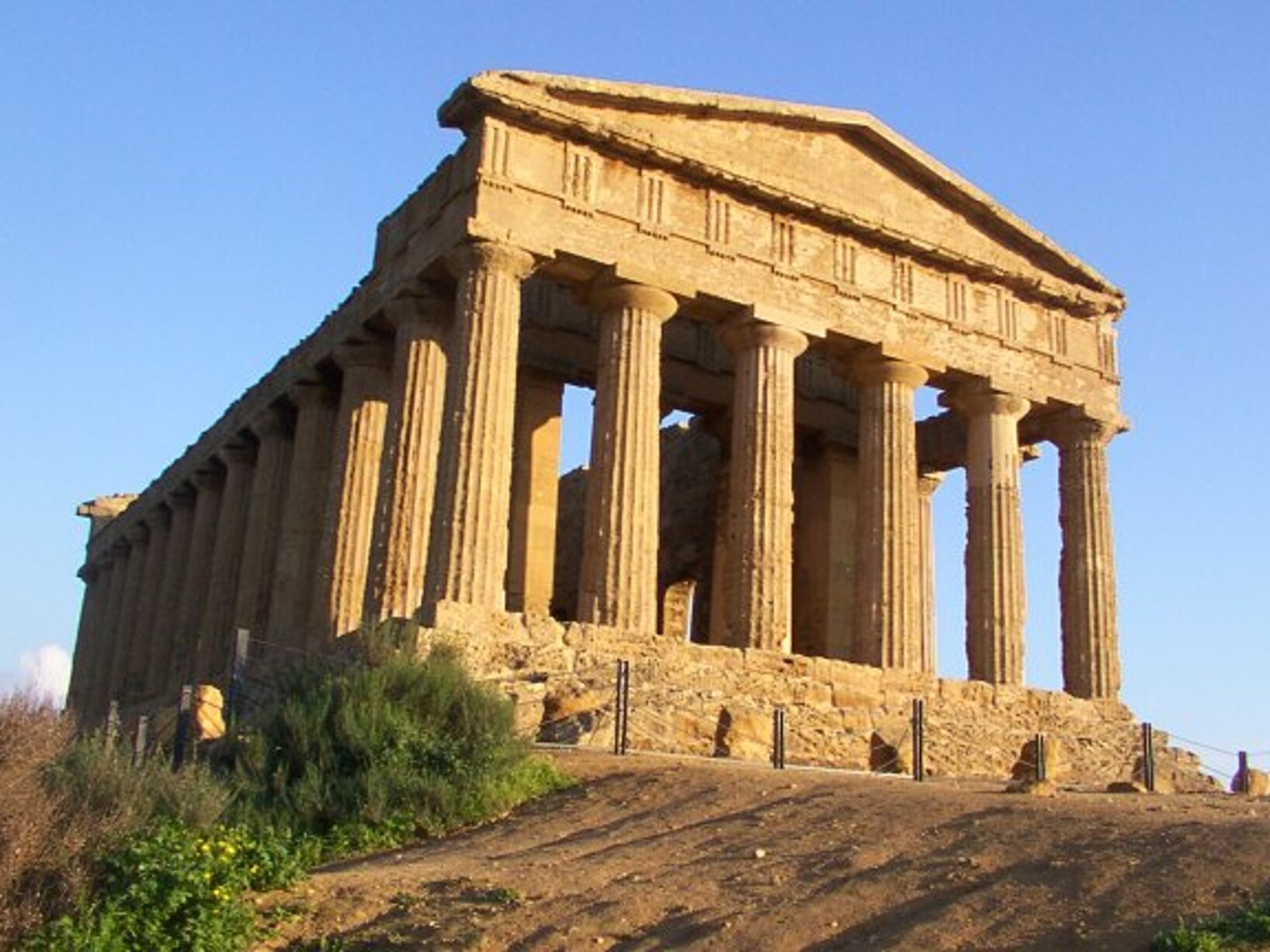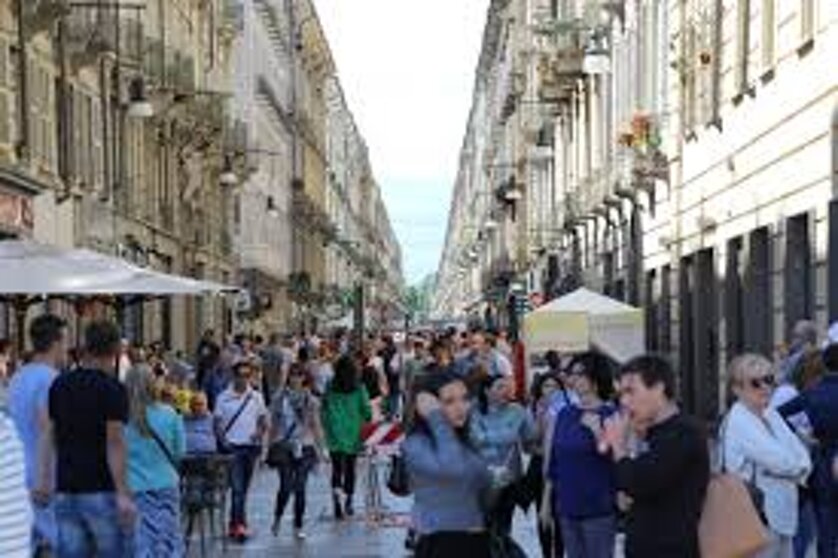



Agora
BRIEF INTRODUCTION
Agorà is a term that in ancient Greece referred to the central square of the polis (city). In the agorà, the assembly of all citizens would gather, and over time it became the marketplace and meeting place, the true economic and cultural center of the city.
It was, in fact, in the agorà that speeches were given to spread principles and doctrines; indeed, later on, some cities built a second agorà with an exclusively political-religious character. Originally, the agorà arose at the intersection of the main roads and took on various forms; they were enriched with temples, statues, shops, warehouses, and various buildings; then the characteristic buildings of the agorà were the arcades with very important shops that completely surrounded the square. It was precisely in the arcades that the great philosophers of ancient Greece educated the novices.
For large cities, today the agorà in this sense is only ancient history, but in many small towns, especially in the south, where remnants of Greco-Latin culture continue to persist in the mentality, even unconsciously, a similar reality is still experienced,
Even today, in fact, in these small towns there is a little square for "strolling," where people go for the usual "walk" to digest or to enjoy a few hours of distraction. It is a sort of pedestrian island where people walk back and forth from one end to the other, meeting the same people dozens and dozens of times, most of whom are acquaintances.
Examples of common phrases you might hear if you were present:
At home: "I'm going out: I'm going to the square to meet some friends"; (Upon returning) "The Mayor says hello: he was in the square with Dr. Rossi and Engineer Bianchi";
In the square: "I'm going to sleep, I'm tired tonight: let's continue tomorrow night"; "So we agree, but we'll set the price tomorrow night"; "(meeting someone special while walking with another group) Hi, I need to talk to you: will I find you tomorrow?"; and so on.
So, agorà as a meeting place. Among the pros of the agorà are the possibility of meeting several friends at once, the serenity of feeling part of a social context, the possibility of making new acquaintances through the chain intermediation of friends, etc. Among the cons, unfortunately, is the lack of privacy (which alone outweighs all imaginable pros), gossip (often malicious), etc.
In large cities, especially in the north, where the large squares, if beautiful, are only tourist destinations, and where "the market square" is just a concentration of stalls from 7:00 to 14:00, there are difficulties in meeting people and a scarcity of acquaintances, which favors loneliness and the flourishing of speculative activities and the exploitation by scoundrels who take advantage of this particular situation of human suffering for shady purposes.
The "Agorà" initiative is a free and potentially effective attempt even in large cities. It simply consists of designating one or more small squares in your city (or even streets) to be used for "strolling," assimilating them to the agorà. This would achieve the "communicative" effect typical of small towns in the south. Obviously, each city would have its own agorà (or agoràs) designated by its citizens participating in the initiative. To facilitate approaches in the agorà, the TMT initiative could be associated.

ITALIAN AGORÀ
AOSTA VALLEY
PIEDMONT
LOMBARDY
TRENTINO ALTO ADIGE
FRIULI VENEZIA GIULIA
VENETO
LIGURIA
EMILIA ROMAGNA
TUSCANY
UMBRIA
MARCHES
ABRUZZO
MOLISE
LAZIO
CAMPANIA
BASILICATA
APULIA
CALABRIA
SICILY
SARDINIA
